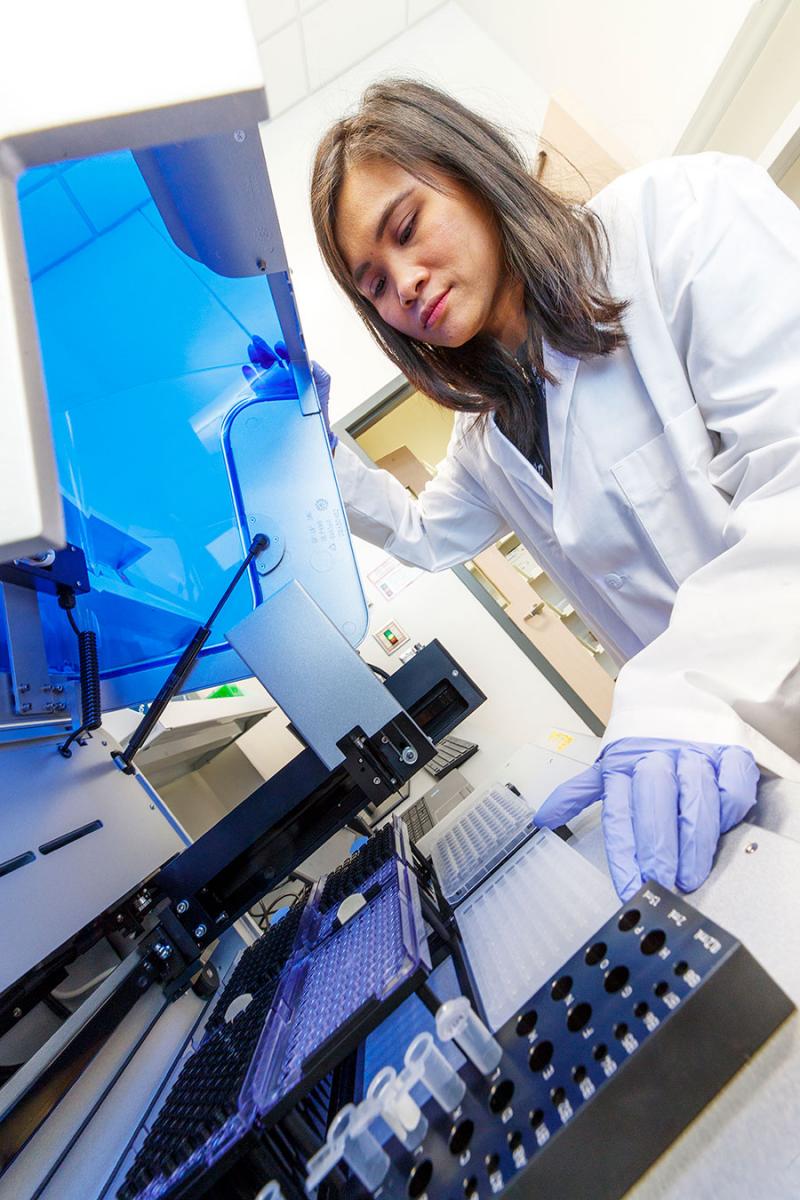Pets are family, and caring for their needs requires effort. Veterinary laboratories are pillars of modern pet care in ensuring proper care for companion animals.
This article, we’ll discuss the value of lab tests for animals and highlight the most common exams.
How Do Veterinary Laboratories Work?
Diagnostic labs for pets are specialized centers for analyzing health markers. Veterinary professionals use these labs to monitor ongoing conditions.

How tests are conducted usually includes:
- Gathering biological samples: Specimens from pets are prepared for analysis.
- Laboratory analysis: Specialized tools and methods provide results.
- Reporting outcomes: Labs share results with veterinarians for effective health management.
Essential Tests in Veterinary Labs
Labs provide diverse options for health checks to address medical issues. Common exams include:
- Biochemical screens: Detect anemia or chronic conditions.
- Urine diagnostics: Spot urinary tract infections.
- Parasite checks: Spot signs of infections.
- Dermatological diagnostics: Identify irritants.
- Advanced imaging tests: Detect tumors or growths.
laboratorios veterinárioslaboratorio de exames veterinarios
exames laboratoriais veterinários
Why Diagnostic Exams Are Essential
Consistent lab work supports proactive health management. By addressing concerns promptly, vets can provide better care.

The advantages include:
- Improved health outcomes: Pets live happier, healthier lives.
- Preventative care advantages: Emergency costs are avoided.
- Peace of mind: Feel secure about their health.
Why Testing Matters for Dogs and Cats
Veterinary labs provide the foundation for accurate diagnoses. By scheduling routine tests, you support their quality of life.
Make pet health a priority and give your furry friends the best care possible!